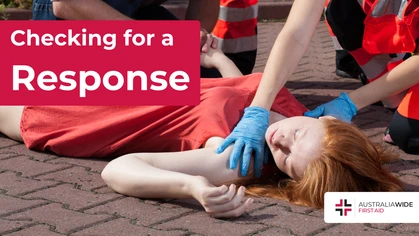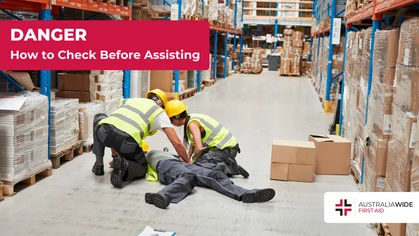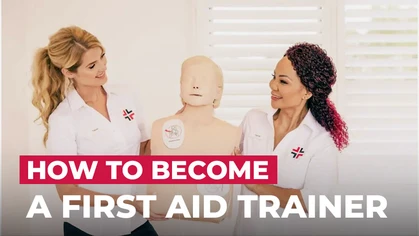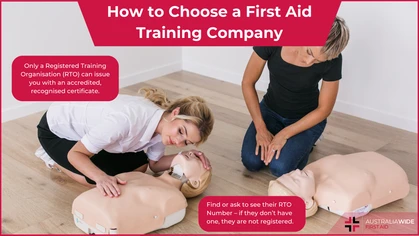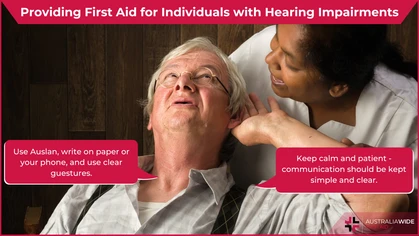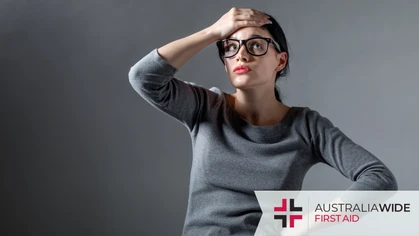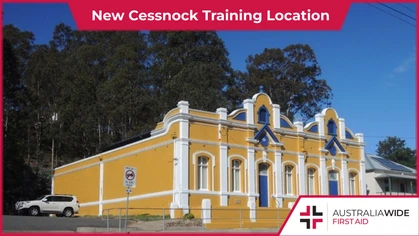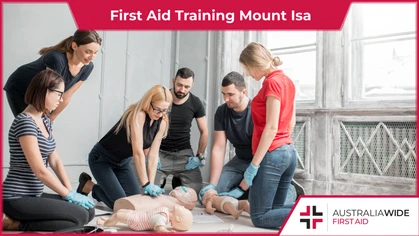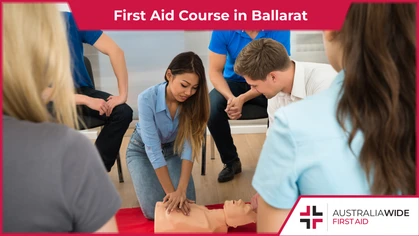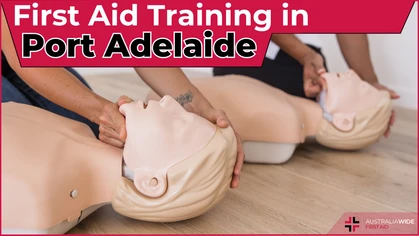First Aid in Disabled and Aged Care

First Aid Training
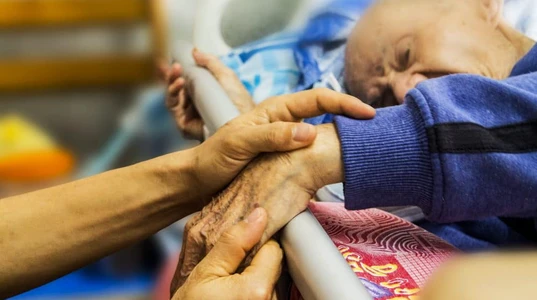
First Aid in Disabled and Aged Care
Providing First Aid in Disabled and Aged Care
After all, we’re talking about care for some of the most vulnerable people in our community. And care for those with special needs are complex, often involving mental health as well as physical health. Despite being in a care situation, sadly, many of these vulnerable people suffer neglect. This happened recently to an Adelaide woman with cerebral palsy who was left to die without adequate care or medical support. As a leading provider of CPR and First Aid courses — not just for health care professionals and carers, but for all who understand how vital it is to be prepared — we want to highlight some of the more important aspects of providing First Aid for aged and disabled people. Being aware of these points helps to avoid further complications and leads to the quality of care that is needed for our more vulnerable people.Duty of Care
Healthcare professionals, including aged and disability workers, are bound by a duty of care to maintain the health and well-being of those they support or assist medically. And really, who would want it any other way? This is a moral and legal obligation. Failure to meet those obligations and breaching that duty of care could result in legal consequences.DRSABCD for Disability First Aid
The DRSABCD action plan applies to Disability First Aid just as it does for traditional First Aid. The DRSABCD acronym unpacks as follows: Danger: You first need to check if you, the patient, or any bystanders are in harm’s way. You may find yourself needing to remove both patient and yourself to safer surrounds. You should provide First Aid only when the coast is clear. Response: Check that the person is conscious and responsive. Try to communicate with them. Touch their hands or their shoulder. Send for help: Call emergency services on 000. Airway: If the person is unresponsive and unconscious, check their airway by opening their mouth and looking inside. If the airway is not clear, place the person gently on their side. Clear any obstruction to the airway, before checking again to see if they are breathing. If they are conscious, responding to your queries, and have a clear airway, identify the best way to assist them with their injury. Breathing: Assess whether the person is breathing by looking for chest movement, placing your ear near their airways, and touching the lower part of their chest. If they are breathing but unconscious, lie them gently on their side and monitor their breathing until emergency support arrives. CPR: If the victim is unconscious and not breathing, lie them on their back and commence CPR — 30 compressions on the centre of their chest and 2 breaths. Continue until emergency services arrive. Defibrillator: For victims who are unconscious and not breathing, you can also use an AED (automated external defibrillator). You may need the help of someone in the vicinity to retrieve one from any likely, nearby location. Many workplaces have defibrillators as part of their First Aid equipment. Follow the prompts on the AED. It will direct you as to where to apply the pads and when to start delivering the electric shock. Make absolutely sure before delivering the shock, that no one is touching the patient and that conductive materials, including liquids, have no chance of endangering anyone nearby from the AED’s high voltages.Where Disability First Aid Differs from Regular First Aid
Additional First Aid skills are required for those who specialise in Disability First Aid:- How to provide CPR to a patient confined to bed
- How to respond to a seizure when the patient is in a wheelchair
- How to recognise and assist a patient experiencing automatic dysreflexia
- How to assist when someone is choking in a bed
- How consent applies to a person with a disability and how to effectively communicate with them
- How to assist someone who is choking in bed
- Understanding a “Not For Resuscitation” form
- How to recognise and treat pressure sores and signs of infection
- How to applying and use a bag valve mask during CPR
- How best to respond in a disability setting to depression and suicide warning signs
First Aid and CPR
To work as a disability or aged carer, it is a requirement that you hold current certification in First Aid and CPR. At Australia Wide First Aid, we don't currently provide a Disability First Aid course. We do, however, offer First Aid courses designed to streamline the learning process. You simply do all your theory work online and finish off with a short face-to-face practical session to lock in skills that will then allow you to respond appropriately for all types of medical emergencies. Your First Aid Statement of Attainment comes through shortly after successful completion direct to your email InBox. And it’s a certificate that is recognised Australia-wide. Read more about our First Aid courses.
Originally published at
https://www.australiawidefirstaid.com.au/resources/administering-first-aid-in-disabled-and-aged-care
as part of the Australia Wide First Aid Articles Library
